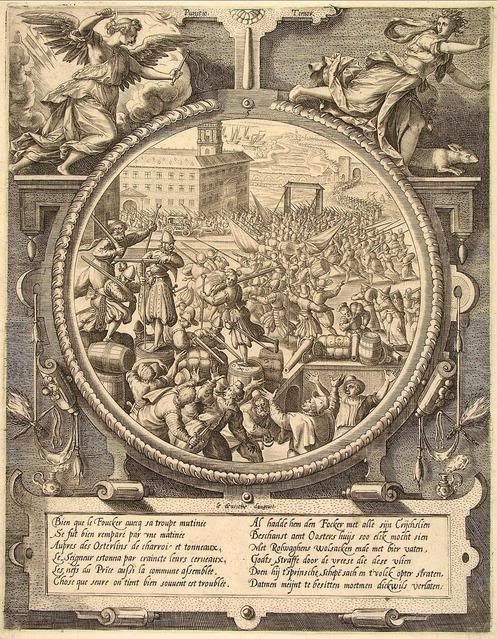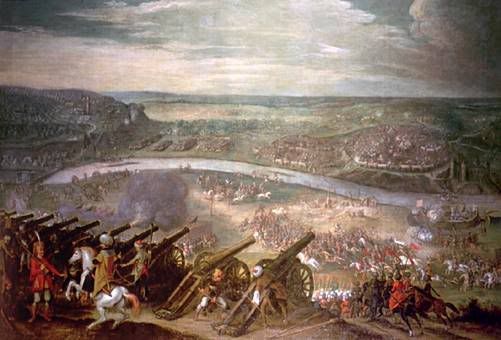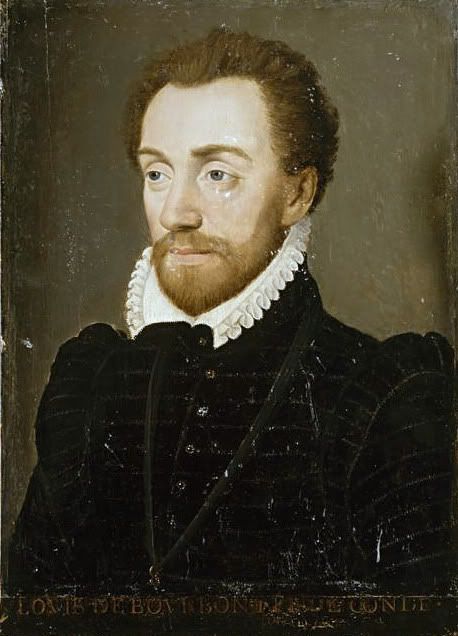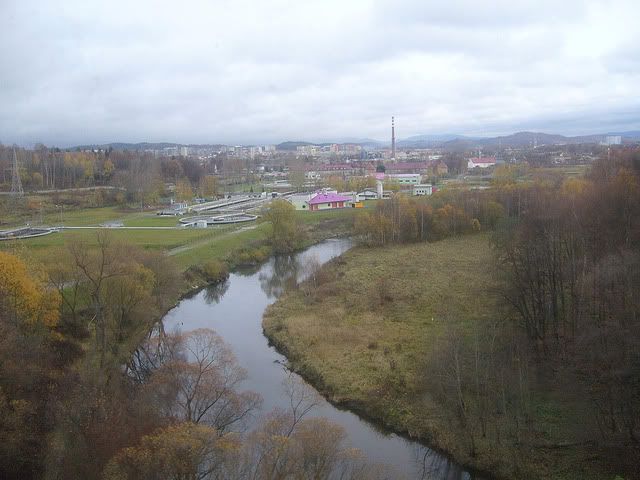Methodius I
Part Eight 1524-1525
Part Eight 1524-1525
~In which the Protestants hiccup~
However, before Poland could try to break the relative stalemate in the north that March, events turned sour for the Catholics in the south. Slovak agents sparked a peasant's revolt in Hungary. The Hungarian army split in two, with half keeping the Slovaks busy and the other half on their way to killing the peasants. However, they only got halfway to the revolt before 24,000 French troops slammed into them annihilating almost 3000 men. The fighting continued for quite some time. A combination of Slovak, Austrian, Byzantine and French troops finally put Hungary under and peace was struck on June 20, 1524. Hungary gave independence to the Duchy of Wallachia and gave France, Slovakia, Austria and the Byzantine Empire 50,000 Ducats each.
To the great suprise and dismay of the Slovak nation, and the fury of King Methodius, most of the French Army returned home after Hungary capitulated. Only 8,000 remained in the East. However, the Byzantines and Bulgarians had arrived in the north so the numbers remained only slightly less than status quo. In July and August battles raged across Silesia with no clear winner. In September, two tragic events occurred. First, Slovakia lost the Battle of Karpacz which allowed Poland a free hand in northern Silesia. Second, the Austrians totally collapsed facing a final push from Brandenburg and Pommeranian forces. These two events led to the great retreat by Protestant forces. In sweeping fashion, the Brando-Pollack-Pommeranian forces pushed down through Bohemia, taking Prague and Plzen along the way, and arriving at the gates of Vienna on November 15.

The Slovak garrison fleeing Prague, 1525
The siege lasted one month, and the defenders were on the verge of collapse, when a reconstituted rescue army arrived. The great Siege of Vienna would turn hot, in the middle of December. The 26,000 Catholic troops were lead by Count Stefko and King Joachim I. The 24,000 Protestant troops were lead by Grigory, Duke of Silesia and Odet de Foix, Vicomte de Lautrec. Of the 24,000 for the Protestant cause were Slovaks, French, Byzantines, Austrians, and Bulgarians. A true multinational coalition, with units fighting side by side from as far away as Calais and Constantinople. The battle itself last almost a month, with heavy fighting every day. Finally, after 9,000 Protestant losses (including Odet de Foix) and 12,000 Catholic losses, the Siege of Vienna was broken on January 13, 1525. It is speculated that if the Protestants had not arrived when they did, Vienna would have fallen before Christmas.

The Slovaks were happy to relieve the Pommeranians of their guns after the siege.
The rest of winter saw the Catholic retreat back into Bohemia and then back into Poland. In early March the Protestant coalition took Plzen back, though they lost a strategic ally. The Byzantines (and thus the Bulgarians) were suffering from internal strife with rebels covering almost all of Attica. They bowed out of the war for a small sum of ducats paid to them by the Polish. However, plans for the 'Methodist' offensive were not totally shelved. In April, Austria and Slovakia, together with the remaining 5,000 French, attacked Prague winning a strong victory over the Poles stationed there. Among the dead in battle was Count Stefko himself. The papist cause in Slovakia was dead along with him. Protestants in today's Slovakia celebrate the day of his death, April 26, as a holiday. The siege of Prague took much longer than expected, even with the new canons the Slovaks had forged in 1520. As of October the city still had not fallen, though good news came. The Swedes had assembled a modest army and began the land invasion of the entirely undefended Pommeranian coast. When the armies settled into winter quarters at the beginning of December, both Prague and Danzig had fallen.
Meanwhile, other events were going on that would shape the outcome of the war. The Austrians, making their third attempt at invading Brandenburg, failed miserably that August and only just prevented another dash to Vienna. In Slovakia proper, September marked the beginning of a massive peasant revolt, some say caused by Polish agents (though more likely the incessant high taxes and war taxes), around the capitol Bratislava. Slovak troops relocated from the Tatras, Austrians and German mercenaries put down the revolt that November. However, the entire country teetered on the brink of open revolt and Methodius had few options to stop it.



